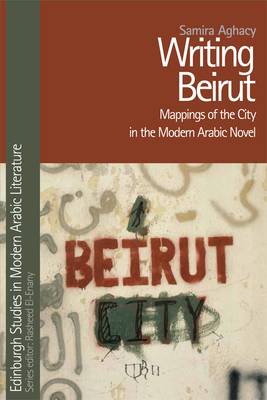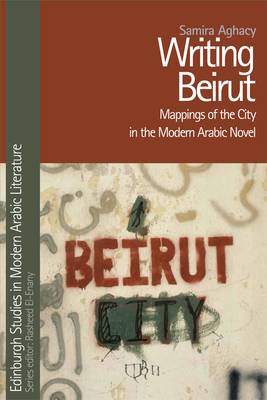
- Retrait gratuit dans votre magasin Club
- 7.000.000 titres dans notre catalogue
- Payer en toute sécurité
- Toujours un magasin près de chez vous
- Retrait gratuit dans votre magasin Club
- 7.000.0000 titres dans notre catalogue
- Payer en toute sécurité
- Toujours un magasin près de chez vous
Description
Exploring the ways in which writers utilize the spaces of the city - joining the factual with the imaginary - this book shows how idiosyncratic perceptions of Beirut are produced, generating an infinite number of Beiruts.
The city emerges as interactive, dynamic and historical, a place that is created from the streets, buildings, and monuments as well as through performance and social interaction. By referring to factual places in Beirut, the novels produce a strong reality effect through a mimetic mode of expression. Simultaneously, these texts reveal that Beirut is an unstable locale that resists fixity and transparency, shifting between the real and imagined, and the quotidian and discursive.
Writing Beirut explores the city in 16 Arabic novels focusing on the urban/rural divide, the imagined and idealized city, the city through panoramic views and pedestrian acts, the city as sexualized and gendered, and the city as a palimpsest. While the book focuses on Beirut in Arabic novels, the introduction provides a thorough overview of Beirut in the modern Arabic novel.
Spécifications
Parties prenantes
- Auteur(s) :
- Editeur:
Contenu
- Nombre de pages :
- 240
- Langue:
- Anglais
- Collection :
Caractéristiques
- EAN:
- 9780748696246
- Date de parution :
- 20-03-15
- Format:
- Livre relié
- Format numérique:
- Genaaid
- Dimensions :
- 155 mm x 236 mm
- Poids :
- 544 g

Les avis
Nous publions uniquement les avis qui respectent les conditions requises. Consultez nos conditions pour les avis.






